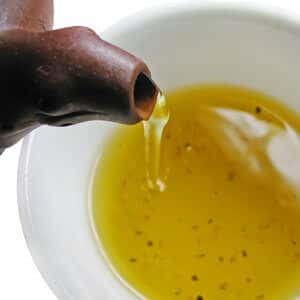
People who drink very hot tea may want to let it cool a bit before they sip. That is particularly true for anyone who smokes or drinks alcohol. Smokers and drinkers who also regularly imbibe scalding tea may be increasing their risk for esophageal cancer.
Studying the Risks of Scalding Tea:
The research followed nearly half a million Chinese adults for almost a decade (Yu et al, Annals of Internal Medicine, Feb. 6, 2018). Those who drank tea at least every week were asked whether their tea was room temperature, warm, hot or burning hot when they drank it.
Tea is a popular beverage in China, and drinking hot or burning hot tea alone did not increase the risk of esophageal cancer. But those who were also smokers had a 56 percent higher risk of esophageal cancer if they also drank scalding tea. People who drank hot or very hot tea and also consumed excessive alcohol, defined in the study as more than one beer, glass of wine or ounce and a half of hard liquor a day, increased their risk of esophageal cancer by 127 percent. People who smoked, drank alcohol and also drank scalding tea had five times the risk of this hard-to-treat cancer.
Previous Links Between Scalding Tea and Esophageal Cancer:
This study is observational, so it is not possible to attribute a cause and effect relationship. However, this is not the first time that drinking very hot tea has been linked to esophageal cancer. In 2016, the International Agency for Research on Cancer fingered hot beverages-over 149 degrees Fahrenheit-as probable carcinogens.
Moreover, in 2009, a review of research concluded that
“Coffee, tea and maté may cause esophageal cancer by causing thermal injury to the esophageal mucosa.”
(Islami et al, International Journal of Cancer, Aug. 2009)
Should You Stop Drinking Tea?
Tea has numerous health benefits, so it doesn’t make sense to give up on this beverage. Instead, allowing it to cool somewhat before swallowing it would be prudent.

